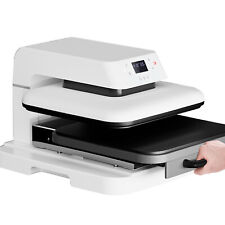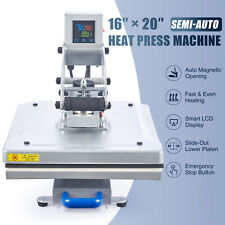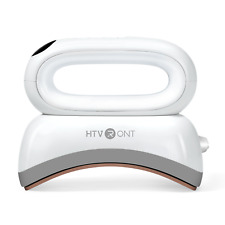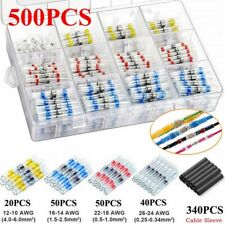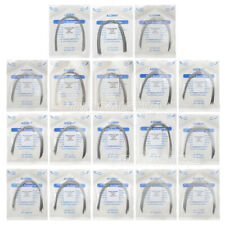When looking at options for cooling systems for your home or office, heat pumps can provide an interesting alternative to the standard central air conditioners. Similar to AC units, heat pumps use electricity for their initial power requirements, but they do use a lot less energy, especially the geothermal units. And as well, which is a bonus over simple AC units; they provide a source a heat as well as cold air. They are considered very energy efficient, and are rapidly gaining in popularity.
Heat pumps aren’t just appliances that provide heat. The split heat pumps can be used to cooling as well and some newer models even provide hot water heating. So with their multi-uses they are becoming a very viable alternative to regular central AC units.
The technology behind heat pumps is quite similar to that used to make refrigerators and air conditioners. In very simple terms, in the hotter days of summer, they pull the heat from the inside and release it outside. And in the colder winter months, they reverse the process and pump heat back inside.
There are two main types of heat pumps: 1) air-source heat pumps that take heat from the outdoor air, even when that air is close to negative temperatures; and 2) geothermal or ground-heat pumps, which utilizes the natural heat storage capacity of the either, rock, or ground water; and 3) water and rock heat pumps which are variants of the geothermal heat pump systems.
For you to determine whether or not a heat pump is the right option for your home, you must determine what your home needs are and your current rate of consumption as well as your own climate where you live and current costs of the other systems available.
Air source heat pumps are the most common available systems today but they don’t really work that well where the climate is very cold consistently – ie below 30ºF/0ºF. In this type of climate, the ground (geothermal) systems would probably work better.
As another consideration, the geothermal heat pumps can provide upwards of 72% electricity savings, while the air pumps can only provide about half of that. So depending on your needs, and initial investment, as geothermal units are more costly to install, they may be the best option for you over the long run.
For example, a standard central air conditioner could cost you between $3,000 and $6,000 if you already have ductwork installed, and you could pay around $7,000 to $12,000 to install a geothermal unit. But knowing that this unit could save you up to $1,300-$1,500 per year relatively to air conditioners of energy consumption – it’s worth considering.
Also, you need to keep in mind that air conditioners can pump out around 4-5 tons of CO2 per year, that is, around 100 tons of CO2 over its lifetime which is very environmentally damaging.
So depending on your individual requirements and your existing energy bills, paying the additional costs to install a heat pump could easily save you $1,000 per year (relatively to a central air conditioner/furnace system), which means that you may recover that initial extra investment demanded by the geothermal heat pump in 6 years or less. But that could be affected by other considerations of your lifestyle, including the size of your home, how the units are installed, how efficiently they operation and your current energy consumption.



